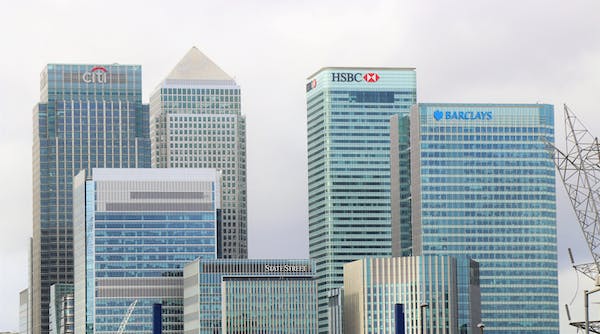On Tuesday (9th May), Germany's financial regulator cautioned that the country's banking system is facing a genuine test due to the current instability, and also forecasted considerable fragility for the commercial property market. The banking sector has been receiving increased attention since March when Silicon Valley Bank collapsed, and several other struggling lenders required rescuing. As various central banks increase their benchmark rates, creating market disruptions, the pressures on the sector have intensified.
According to Mark Branson, who is the president of the German regulator BaFin (Federal Financial Supervisory Authority), Germany has experienced the same consequences of increased rates as many other countries globally.
Branson mentioned that the German banking system has gone through some challenges due to the increased rates. However, he emphasized that there is no significant risk to the system, and it has coped well with the impacts of higher rates.
“We don’t have a global banking crisis at the moment, but we have a nervous time and a kind of real life stress test for parts of the system,” he said.
The recent volatility observed in the United States has prompted concerns about the stability of European banks as well. For instance, Deutsche Bank shares faced pressure in late March due to uncertainty about its balance sheet strength. Additionally, Credit Suisse had to be bailed out by its competitor UBS.
The euro zone's data released last week indicated that banks have begun tightening credit conditions, while borrowers are asking for less credit. These dynamics could lead to a further economic slowdown.
“We don’t know that the rate hikes part of the cycle is passed and we haven’t seen all the effects of the interest rate rise that we’ve already had in the markets and valuations,” Mark Branson said Tuesday (9th May).
The effect of higher interest rates is not only limited to the banking sector but also affects the real estate market, which is closely related to the banks. The property market is heavily influenced by changes in interest rates.
“When we look at real estate, where we have most focus is on commercial real estate, not just German,” the head of BaFin said.
“There’s stress to come in that market,” he said, adding that there could be some credit risk issues in that part of the market.
When interest rates go up, it becomes more expensive for borrowers to buy or refinance properties. As a result, the commercial real estate market is negatively impacted. Moreover, the trend of flexible work arrangements that allow working from home has also affected the demand for commercial property.






















